Faith is such a personal thing. For some people, it’s a rock-solid foundation they’ve never even thought to question. For others, it’s a wavering flame, flickering in and out as life throws those curveballs. If you’ve found yourself questioning your Christian beliefs lately, you’re not alone. Doubts and questions are normal parts of many people’s faith journeys, so if you’re experiencing it, don’t sweat it. Here are some of the reasons why this happens and what it might mean for your relationship with your faith.
1. You’ve experienced suffering or injustice that doesn’t align with your understanding of God.

When pain, hardship, or unfairness strike, a common question tends to come up: “If God is good and all-powerful, why does this happen?” These experiences can sow seeds of doubt, making it difficult to reconcile the suffering you see with your belief in a loving and just God. It’s a tough one, and it’s okay to wrestle with this without easy answers.
2. You have questions about the Bible and its interpretations.
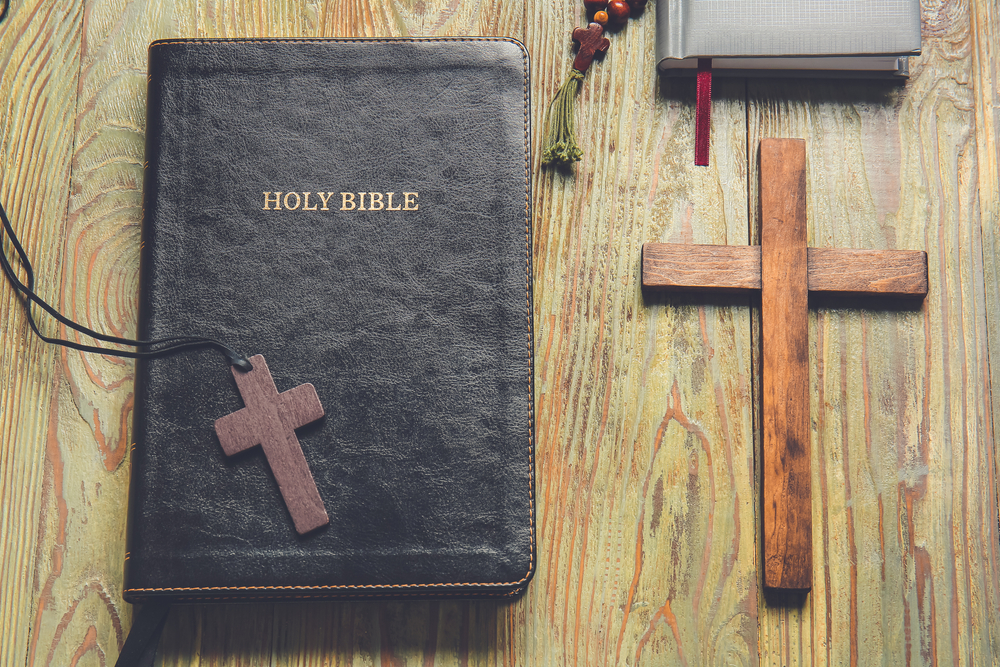
The Bible has been translated and re-translated over centuries, and there are countless interpretations of its stories and teachings. You might wonder about historical accuracy, contradictions, or passages that seem outdated or morally questionable. These kinds of questions are healthy— a critical look at a foundational text is far from disloyalty.
3. The actions of certain religious leaders or communities contradict your moral compass.

Sadly, hypocrisy and abuse of power can exist within religious institutions. When those who preach compassion act cruelly, or when beliefs are used to justify hateful behavior, it can deeply disturb your sense of right and wrong. This disillusionment is understandable, and it’s important to remember that the actions of individuals do not necessarily reflect the core of a faith.
4. You see a growing gap between religious teachings and modern society.

Some Christian beliefs may feel at odds with the realities of modern life, changing social norms, and evolving understandings of the world. It can be difficult to reconcile certain teachings with the complexities of issues like gender identity, sexuality, or social justice. This can create tension as you try to integrate your faith and your contemporary worldview.
5. You’re exposed to diverse perspectives and new ways of thinking.

College, travel, friendships with people of different backgrounds – all these experiences can open your mind to ideas you hadn’t considered before. Exposure to different faiths, philosophies, or secular worldviews might highlight aspects of your own beliefs that feel less certain than you once thought. Questioning everything is how we learn and grow!
6. Science seems to contradict some biblical narratives.

For some, the conflict between scientific explanations (like evolution or the Big Bang) and literal interpretations of biblical stories can stir up questions. This can spark debate between faith and reason, leaving you feeling like you must choose one or the other. Remember, there are many Christians who find ways to reconcile their scientific understanding with their faith.
7. You crave a deeper, more personal connection with spirituality.
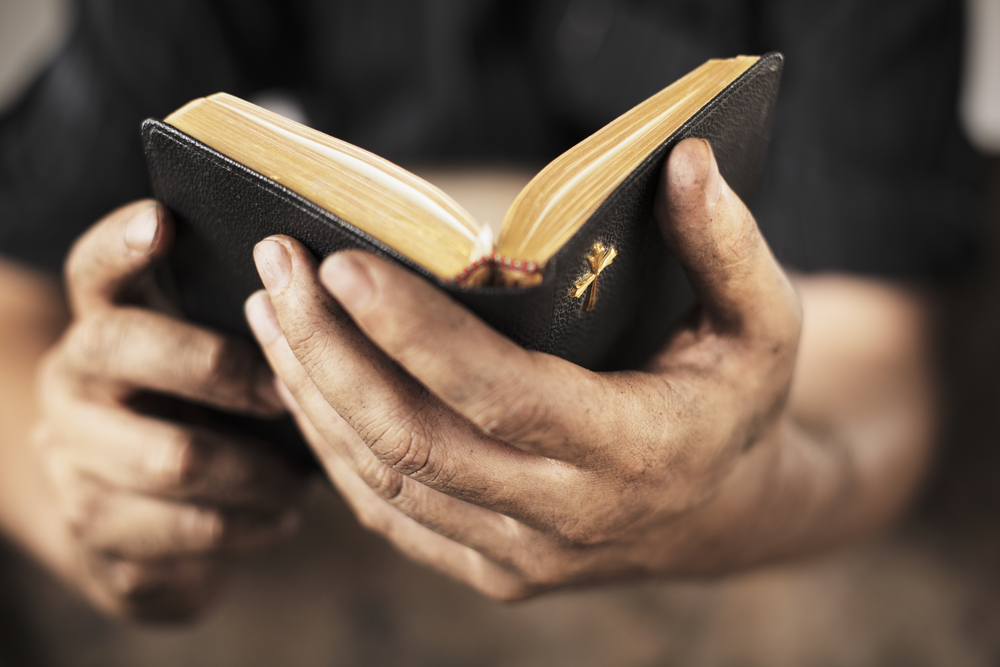
Maybe the rituals, traditions, and formal side of Christianity feel less meaningful than you hoped. You might yearn for a connection to something larger that’s less about strict rules and more about personal experience and inner peace. Questioning isn’t a rejection of faith; it could mean you’re searching for a way to practice spirituality that feels authentic to you.
8. It simply feels like the right time to re-examine your beliefs.
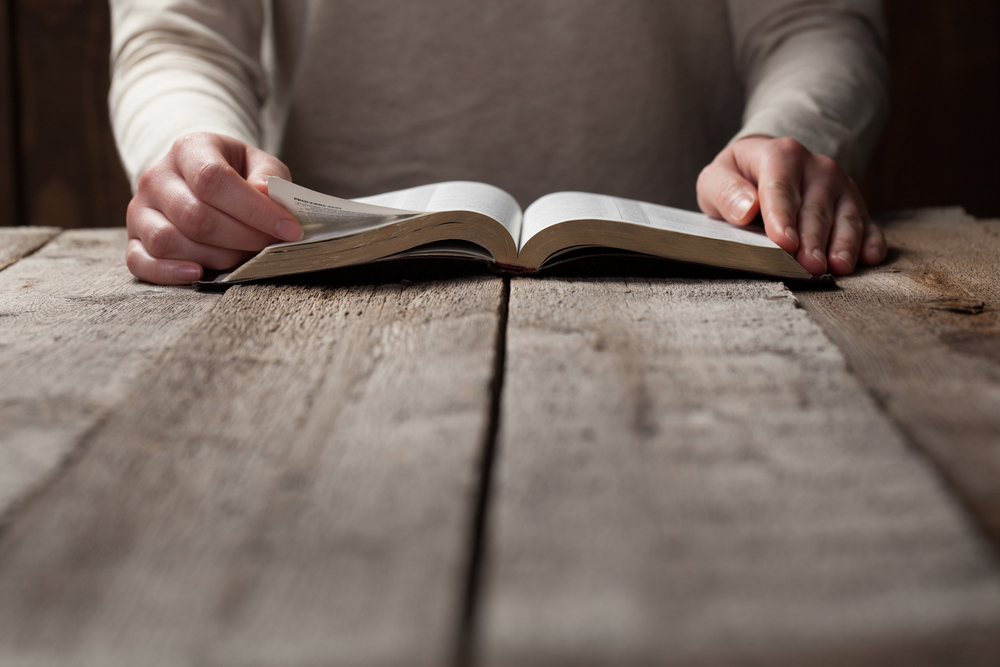
Sometimes, there’s no dramatic trigger – it’s just a natural stage in your life. Faith changes as you do. You think more critically, ask tougher questions, and crave answers that resonate with your lived experience. This introspection doesn’t mean there’s something wrong with you, it’s actually a healthy sign of intellectual and spiritual growth!
9. You feel like you have to pretend to believe more than you truly do.

Going to church, engaging in religious rituals, or spending time with devout family and friends might start to feel performative. The gap between your inner doubts and your outward actions creates a sense of dissonance that can feel unsustainable. This pretending can make you feel like a fraud.
10. You’ve been deeply hurt by the church or people within it.
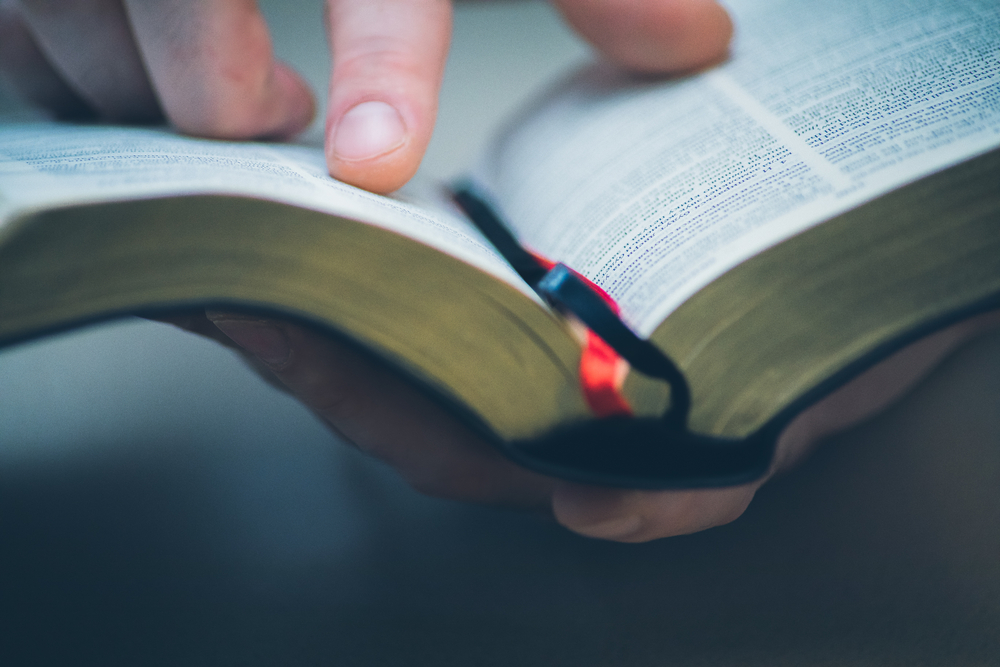
Beyond just hypocrisy or disillusionment, maybe you’ve experienced outright harm, judgment, or exclusion. Spiritual abuse or the weaponization of faith against you understandably creates a deep wound. This can make it almost impossible to separate those hurtful experiences from faith itself.
11. You’re afraid of the social or familial consequences of expressing your doubts.

In some communities, questioning faith can lead to ostracism, damaged relationships, or even verbal abuse, studies have shown. This fear is valid. While a supportive community should welcome questions, the reality can be very different. It takes courage to face potential rejection if those around you aren’t willing to engage with complexity.
12. Prayer, worship, or other spiritual practices feel empty or ineffective.
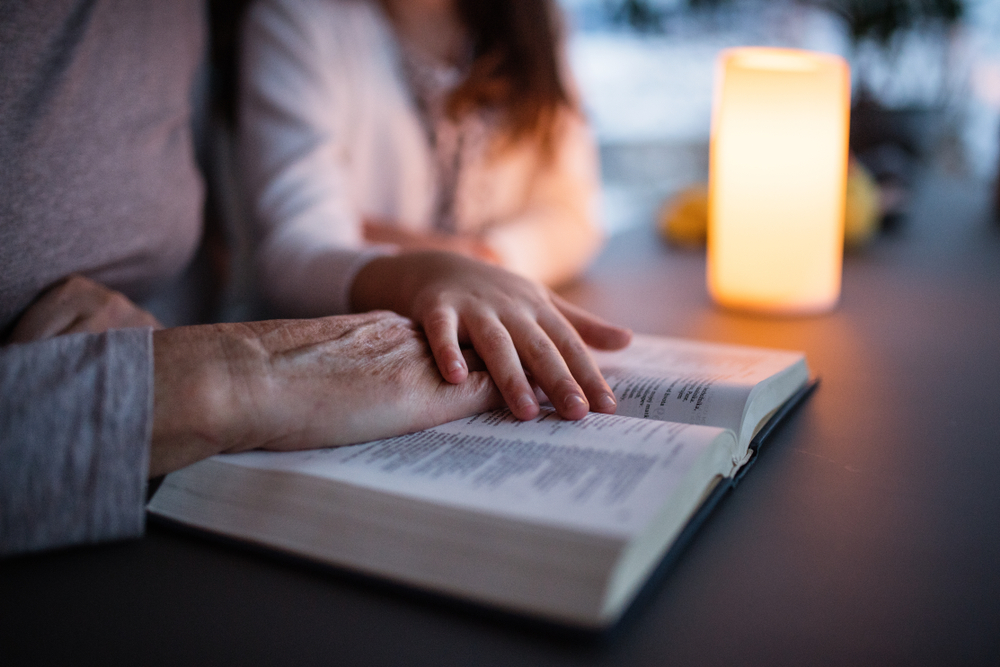
Those acts that once brought comfort, a sense of connection, or peace now feel hollow. Perhaps praying feels like talking to yourself, or you no longer find joy in the songs and rituals. This absence of feeling can contribute heavily to the sense that something about your faith has shifted.
13. You’re drawn to exploring other faiths, philosophies, or spiritual paths.
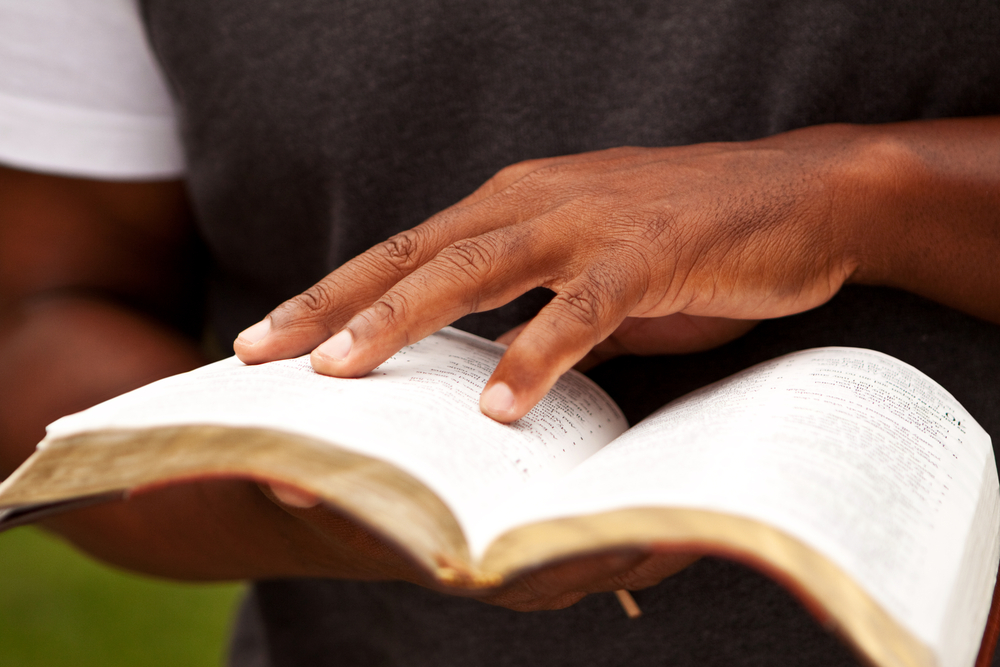
Your questions might extend beyond your own faith. You’re curious about other belief systems, whether that’s other denominations of Christianity, different religions, or non-religious philosophies. Exploring those options, even if just intellectually, can bring up more questions or provide a different perspective on your own beliefs.
14. The fear of hell or eternal punishment still haunts you.
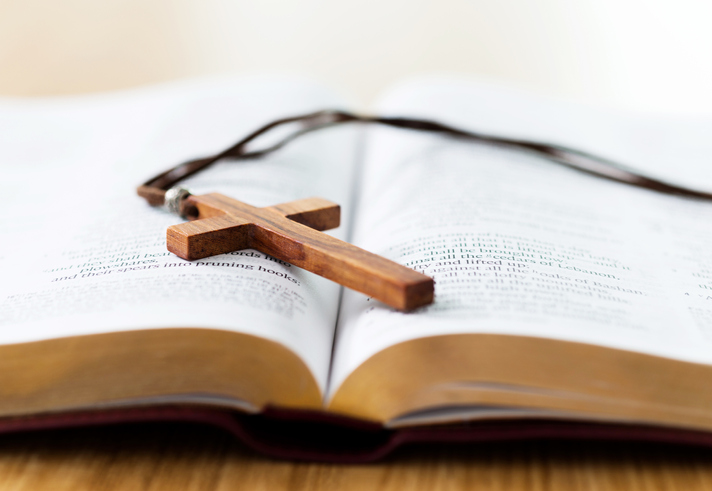
Although you question, letting go of deeply ingrained fear can be tough. The idea of eternal damnation, instilled in childhood perhaps, may still trigger feelings of anxiety. Unpacking this fear is an important part of honestly analyzing your relationship with faith.
15. You want to make your own choices about your beliefs, not just accept what you were taught.

Perhaps you were raised within a faith and never questioned it. Now, you feel the need to truly own your beliefs (or lack thereof) instead of passively adhering to tradition. This means being brave and looking at the hard questions to choose what feels true to you.
16. You’re tired of feeling confused, conflicted, or burdened by religious guilt.

Faith shouldn’t feel like a weight on your shoulders. That constant internal battle is exhausting. You crave clarity and peace, even if those things look different than the faith you once knew. Acknowledging this exhaustion is an important step in deciding how to move forward.
17. You feel excited or liberated by the possibility of letting go of certain beliefs.

While questioning faith can be scary, it can be immensely freeing too! The idea of shedding old dogmas, embracing uncertainty, and exploring new ways to find meaning might feel exhilarating. This excitement is a sign that growth and discovery are waiting on the other side of this process.
18. At the end of the day, you simply want to be honest with yourself.
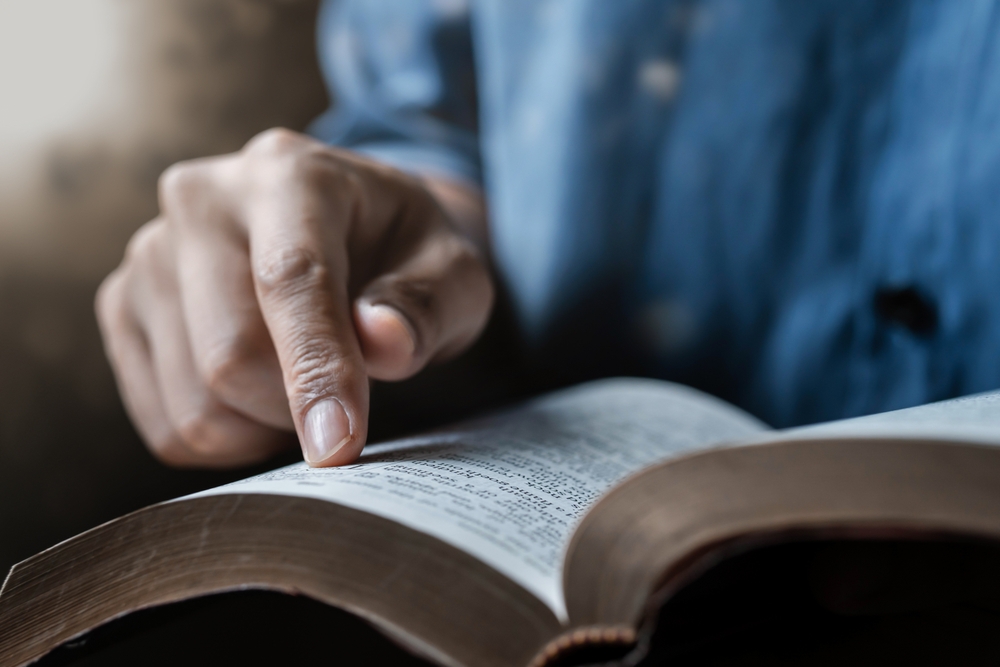
Deep down, you know you can’t force yourself to believe. And pretending is doing a disservice to you and, if you’re part of a community, to them. You want to live with authenticity and integrity, even if that path leads away from traditional faith.
Enjoy this piece? Give it a like and follow PsychLove on MSN for more!



